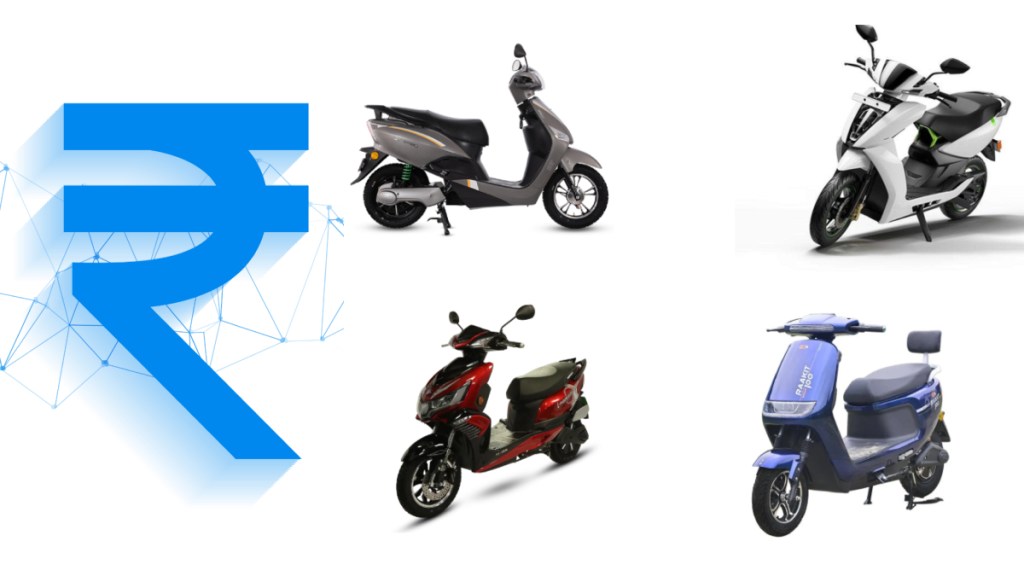The Society of Manufacturers of Electric Vehicles (SMEV) has reached out to the Minister of Finance, government of India, proposing the creation of an Rs 3000 crore Rehabilitation Fund to revive and sustain operations of electric vehicle manufacturers, who have been badly affected by the recent FAME subsidy blocks.
The apex body has maintained that the total amount of subsidies withheld and still due to various E2W OEMs amount to over Rs 1,200 crore for over 18 months exclusive of the interest.
It is to be noted that due to a series of exacerbating circumstances, the government has on the one hand has asked some OEMs to refund money to customers and on the other demanded return of earlier subsidies from others, irrespective of the nature of their dispute.
Sohinder Gill, Director General, SMEV said, “The cumulative effect of the subsidy blockade, the claim on older subsidies and the refusal to allow future sales has been devastating on start-ups and first movers in the electric two-wheeler segment. Many of these companies will not be able to come out of the financial stress caused by these actions. In fact, their post-resolution existence is also a matter of time. It is therefore our considered, sincere, suggestion that the Ministry of Finance may consider the Rehabilitation Fund to help the affected companies sustain for the next year or two at least.”
The industry body says the collapse of the subsidy scheme has not only caused operations to stall, and sales to dry up, but acute pressure had been caused to dealerships, even customers whose bookings had to be cancelled.
The industry body estimates that on a conservative note the time and opportunity lost for the EV industry would easily surpass the Rs 30,000 crore mark. The worst impacted being the investors community. Banks too have been unwilling to extend credit, in fact they are suffering collateral damage since companies are unable to service loans under the circumstances.
SMEV has proposed to work closely with the Finance Ministry to determine the contours of such a fund, which could be in the shape of a grant; or a subvention scheme that could work as a guarantee mechanism for lenders and could be monitored by a committee.
It believes that this proposition will help in both, bailing out highly stressed companies in the EV sector, as well as sending a positive signal to the global investor community about the Government’s commitment to its national E-Mobility charter.


















